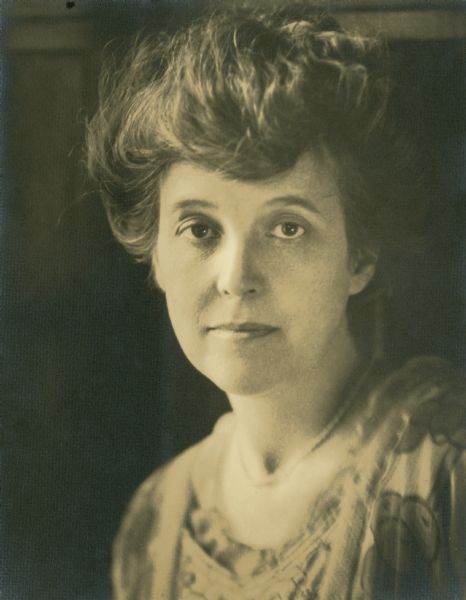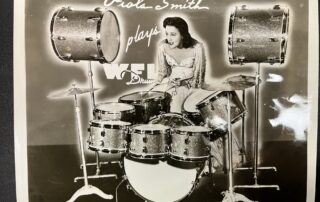The Pulitzer Prizes turn 100 this year. We’re honoring the occasion with a look at five winners with Wisconsin ties.
Writer Zona Gale’s life in Portage inspired her work and won her national acclaim, including a Pulitzer Prize for the dramatized version of her novel, Miss Lulu Bett.
Gale was one of few fiction writers of her time to write contemporary stories emphasizing local color and the customs of ordinary people. No matter if she called it Friendship Village, Prospect or something else, Portage, Wisconsin, her hometown, was the setting and inspiration for nearly all of her work.
Gale was born in Portage in 1874. She started writing at a young age, submitting stories for publication as a teenager.
After graduating from the University of Wisconsin in 1895, Gale went to Milwaukee and then New York where she worked as a journalist. She also kept writing stories, hoping a move East would further her literary career. But it was a visit home to Portage in 1903 that made her realize that her hometown had all the inspiration and material she needed for her fiction so she returned home in 1904.
Gale first won attention for her short stories set in the town of Friendship Village, a town very much like Portage. She is perhaps best known for her novel Miss Lulu Bett, which was a bestseller in 1920. She went on to adapt the novel into a play that won her the Pulitzer Prize.
She wrote more than twenty-five books, numerous acclaimed plays, several hundred short stories and poems, and countless essays. She was also very active politically and lobbied extensively for women’s rights.
When she died in 1938, the New York Times hailed Zona Gale as “one of the most intensely American writers of her time,” making real to “Americans the setting of the old town – its river, its railroad yards, its small factories and above all, the rich farming community that surrounds Portage.”











